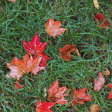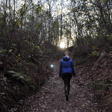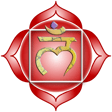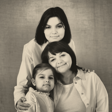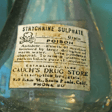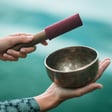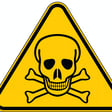
Acupuncture for Your Good Health!
Today's episode is about acupuncture, and I have a great guest, Deanna Stennett, a Georgia-licensed and Nationally Certified Acupuncturist. Because of various delays since this was recorded, Deanna's Ellijay, GA, location has very recently changed. Her Ellijay location is now at the Natural Wellness Center on Kiker Street in Ellijay.
Her website URL is www.acupunctureinnorthgeorgia.com , but it may not yet have the correct Ellijay, GA address!
Also, please be aware that the interview portion of this episode was recorded using different equipment and in different surroundings than usual (after service in our Unitarian Universalist Church), so you will notice a difference in audio quality and background noise. I have tried my best to minimize this, but I ask your forgiveness and hope you will find the information in this episode interesting anyway!
